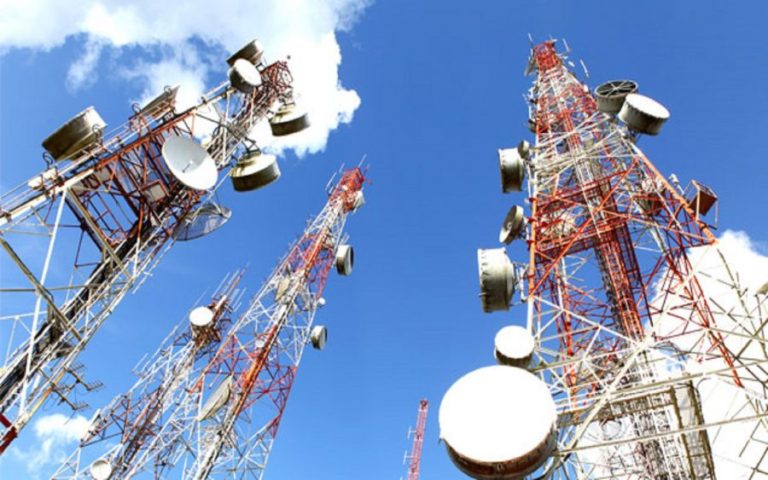Nigeria’s telecommunications sector witnessed a notable decrease in Foreign Direct Investments (FDIs) in 2023, as observed through a substantial reduction in capital importation.
The latest data from the National Bureau of Statistics (NBS) indicates that the sector attracted a total of $134.75 million in FDIs in 2023. This amount marks a significant decline from the $456.83 million recorded in 2022.
An analysis of quarterly data further illustrates the downward trend in capital inflow. In the first quarter of 2023, the foreign investment in the telecom sector amounted to $22.05 million, down from $57.79 million in the first quarter of 2022.
The fourth quarter of 2023 also saw a decrease, with telecoms receiving $22.84 million in capital importation, compared to $168.27 million in the same period of 2022.
To accurately convey the decrease, we calculate the percentage drop in FDIs from 2022 to 2023. The decline from $456.83 million to $134.75 million represents a decrease of approximately 70.5%.
This calculation provides a clearer understanding of the scale of the reduction in foreign investment in Nigeria’s telecommunications sector.
Nigeria’s broadband threatened
The downturn in foreign investment in Nigeria’s telecommunications sector coincides with the ongoing implementation of the Nigeria National Broadband Plan (NBP 2020-2025), which aims for a 70% broadband penetration by 2025.
To achieve this ambitious goal, the country is seeking increased foreign investments. Industry experts estimate that achieving the NBP’s objectives would require at least $3.4 billion in investments in fiber infrastructure.
- Despite the critical need for these investments, there has been a general decline in Foreign Direct Investment (FDI) across Nigeria’s economy, a trend that began with the outbreak of the coronavirus (COVID-19) pandemic in 2020.
- Specifically, the telecoms sector has experienced a consistent decrease in investments over the past six years.
- Stakeholders in the industry point to a combination of factors behind this declining trend. Key among these is the issue of multiple taxation, which complicates the financial planning for businesses in the sector.
- Additionally, the instability of Nigeria’s foreign exchange market poses a significant concern for foreign investors. The fluctuating exchange rate raises uncertainties regarding the potential repatriation of returns, making Nigeria a less attractive destination for investment.
FG, World Bank collaboration
In a strategic move to counteract the waning foreign investment in the telecom sector, particularly amidst the increasing demand for funding to enhance broadband infrastructure, the Federal Government of Nigeria recently unveiled a collaboration with the World Bank.
- This partnership aims to secure $3 billion in financing to expand Nigeria’s broadband infrastructure by adding 120,000km of fiber optic cables. This initiative is set to significantly boost broadband connectivity across the country.
- Dr. Bosun Tijani, the Minister of Communications, Innovations, and Digital Economy, announced this development in Abuja during a stakeholders’ meeting themed “Realizing a Nigerian Vision of Broadband for All.”
- Dr. Tijani voiced optimism regarding the mobilization of the required funds within the next two to three years, emphasizing that the project would involve significant participation from the private sector and is expected to be completed within three years.
Highlighting the critical nature of this initiative, Dr. Tijani pointed out the urgent need for investments in Nigeria’s digital infrastructure.
The goal is to ensure widespread access to digital services at affordable rates, thereby making the digital space accessible to all Nigerians.
This move is seen as a pivotal step towards enhancing the nation’s digital economy and facilitating greater digital inclusion.
Corrigendum: The previous version of this story erroneously stated that FDI in Nigeria’s telecom sector declined by 239% instead of 70.5%. This has now been corrected.

